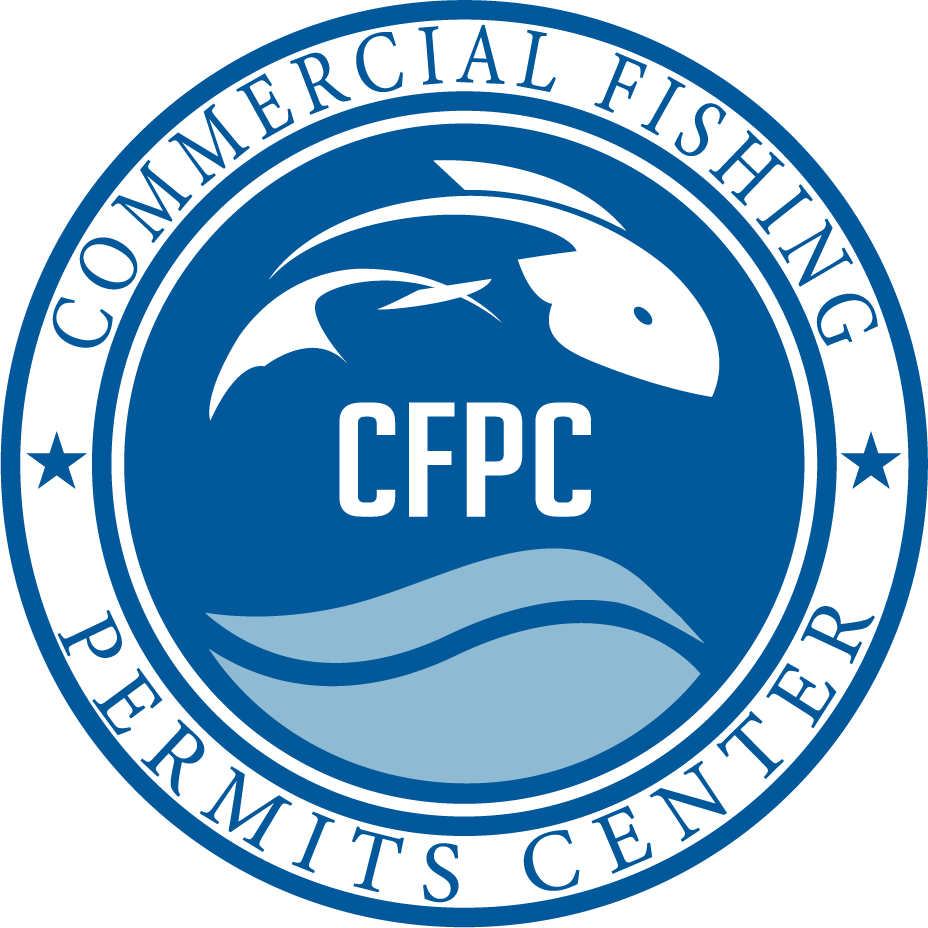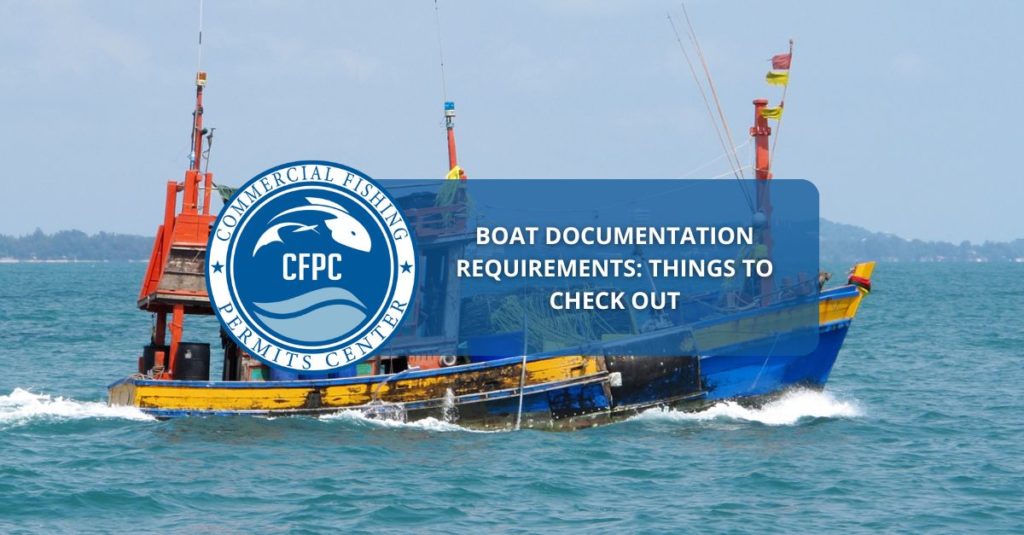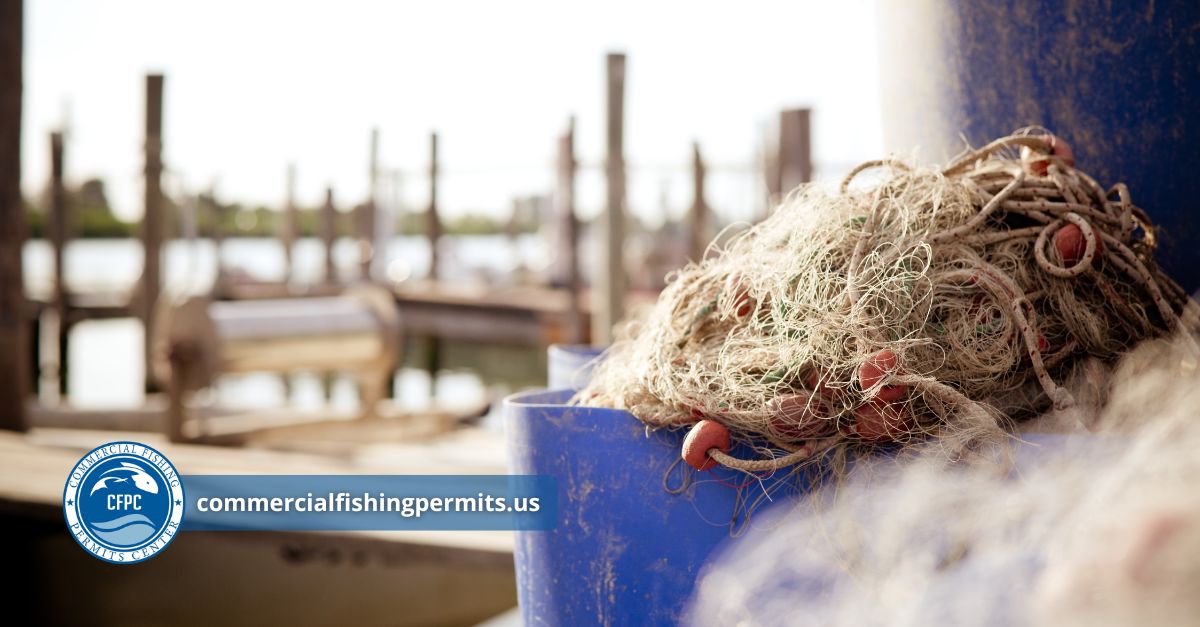Before purchasing a yacht, it is essential to have a fundamental understanding of the boat documentation requirements necessary to operate the vessel legally. When you buy a boat, the Coast Guard will require you to record it immediately. What exactly does this entail? It’s not that difficult.
When you have the proper documentation, it demonstrates that your vessel has been legally registered and insured for usage on the sea. You cannot carry your boat out of the state or more than 10 miles from the coast without appropriate documentation. The following is a list of the paperwork requirements that you should be aware of for your boat:
Boat Registration
The bare minimum of paperwork required to operate a boat is registration. A ship must be registered with the state and federal administrations before being used on public seas. While specifics differ by state, all of them need you to have a number for your boat (which serves as its official identifier) and a certificate of title. Registration costs for a ship often consist of both registration and sales tax.
If you’re in the market for a boat, it’s a good idea to research any known problems with the vessel’s paperwork. The paperwork associated with buying a boat might be daunting, but if you know what to look for, you can feel more in charge of the process.
The “Remarks” part of the title summarizes any pertinent information that may be helpful when purchasing a pre-owned boat. Other problems, like liens or unpaid debts, may be included under “Disclaimers,” which is the seller’s approach to alerting you to these concerns.
Hull Identification Number (HIN) As One of the Boat Documentation Requirements
When you register your boat, the very first piece of information that must be filled out is the Hull Identification Number (HIN), a 17-character alphanumeric serial number. For identification, the HIN is affixed to all federally documented boats; it carries essential information regarding the location of the boat’s manufacturing facility and is used on all such vessels.
In rare cases, it may also have the name of the boat’s maker and provide information about the year the ship was manufactured. Because you will need to be able to refer to that number when it comes time to fill out your paperwork, you should write down your boat’s HIN as soon as you get it so you don’t forget it.
The Length of Your Boat
Find out how long your boat is. Waterline length (the distance from the highest point of the hull to the centerline) is another typical measurement in addition to the overall length from bow to stern. If your boat is under 26 feet long, you do not need to register it with the federal government.
Canoes and kayaks, the smallest boats in this category, are more often known as “canoes” and “kayaks,” however, the vast majority of boats that fall under 26 feet are sailboats or motorboats with auxiliary sails. Regulators in a few states have their standards for this kind of boat, and they don’t always agree with one another.
Boats under 26 feet long must be registered in California, but this requirement applies solely to sailboats in Florida and Alaska. Each state has different boat documentation requirements, so it’s best to check with each one individually.
Title Documentation
The boat’s title is a crucial piece of paper since it proves the vessel’s legal owner. It’s obligatory in many places but varies from state to state. All information necessary by a state government for a boat’s registration should be included. To find out whether anybody else has a claim on your yacht, it should consist of any liens that have been filed against it.
The date of the last taxation and the amount of time the current owner has owned the boat should also be included on the title. Insuring and registering your yacht in your name depends on the paperwork being in order. Remember to get this paperwork reviewed by a notary public if you want to sell your vessel in the future; otherwise, the buyer may reject them.
The State in Which You Live
Particularly for first-time boat buyers, the paperwork requirements might be baffling. To ensure your boat is in good legal standing, you should verify the legislation of the state in which you now reside and those of any conditions through which you will be sailing. Regarding boat registration, it’s better to be safe than sorry. Therefore, it’s best to do your homework beforehand to avoid unpleasant surprises.
If you want to purchase a boat requiring commercial fishing permits, we can help you out. Our experts at the Commercial Fishing Permits Center have all the information you need about applying for a license or permit for your boat and what it entails, so contact us today to get started.



No Comments
Be the first to start a conversation